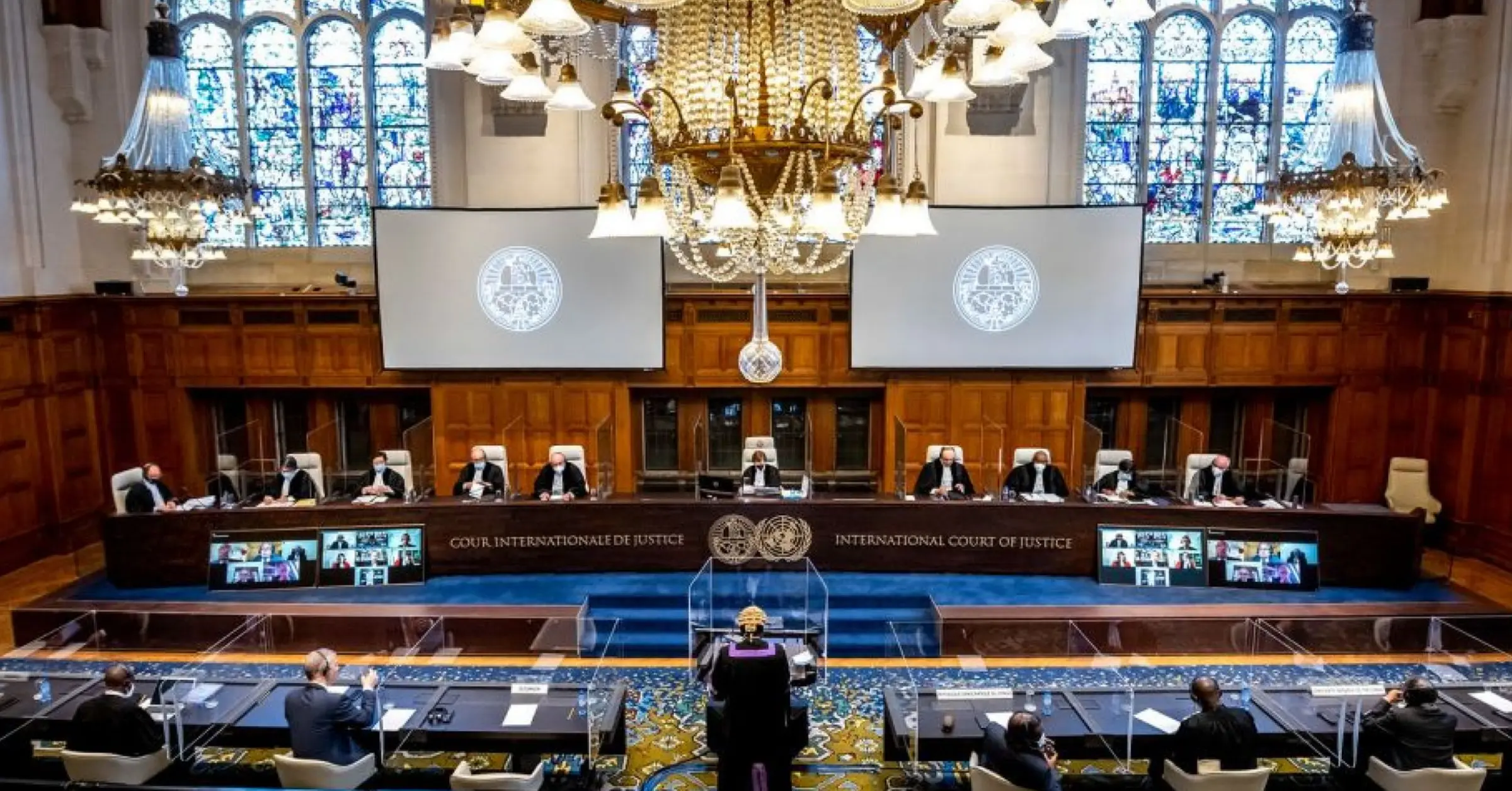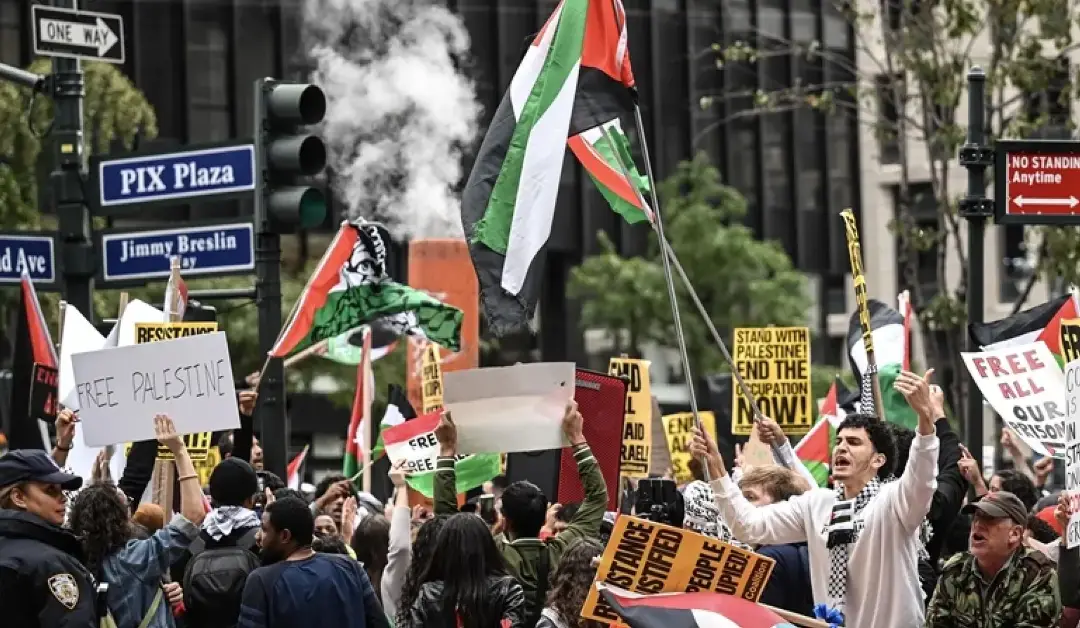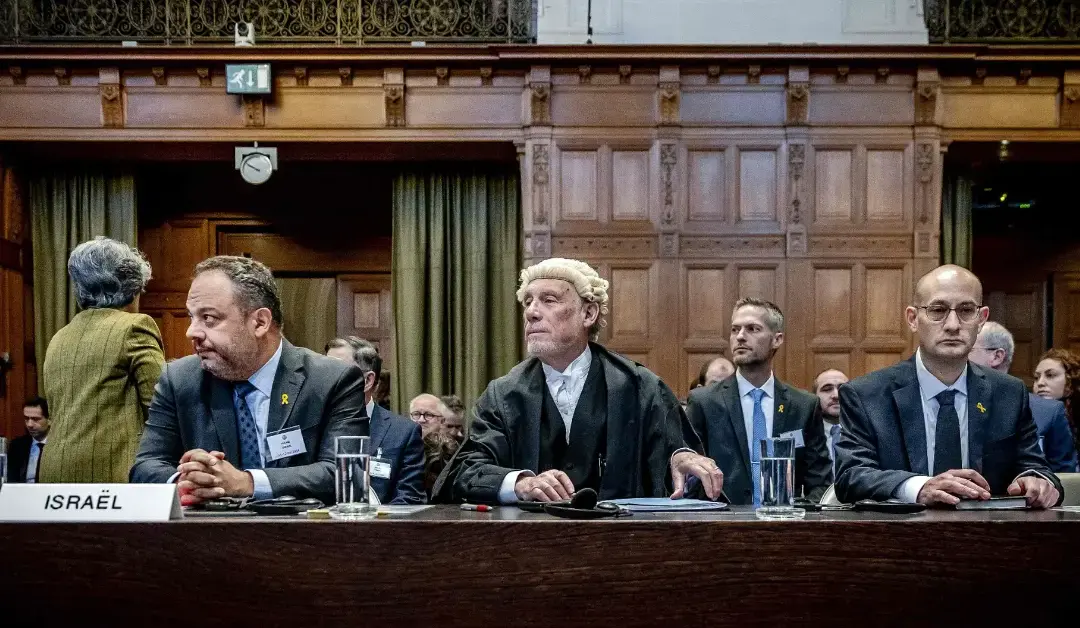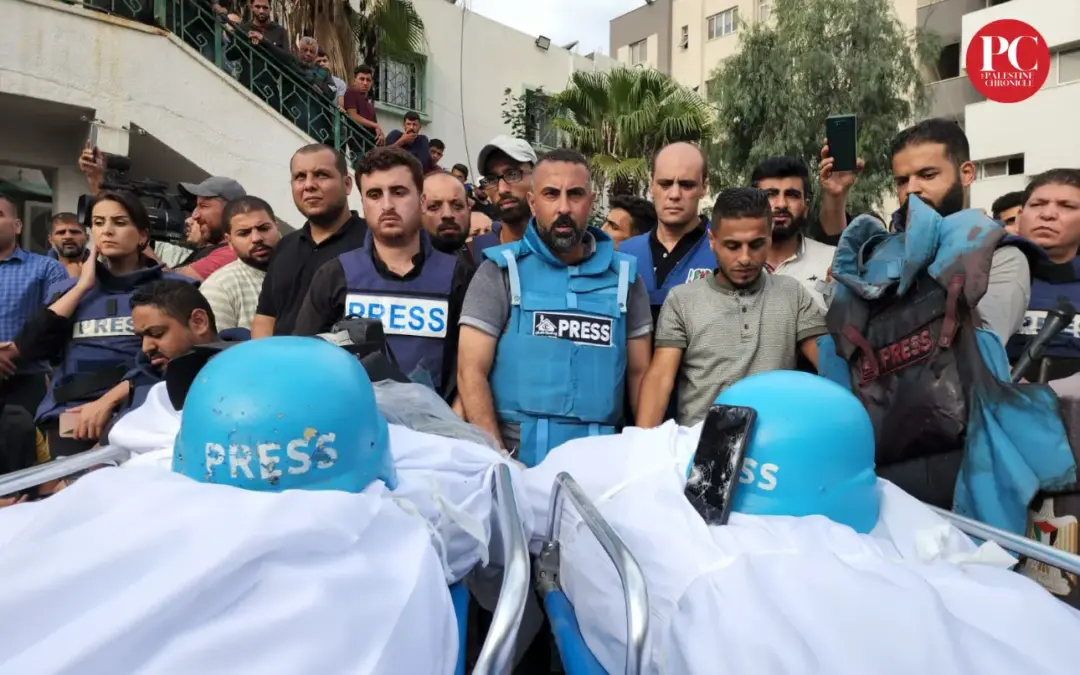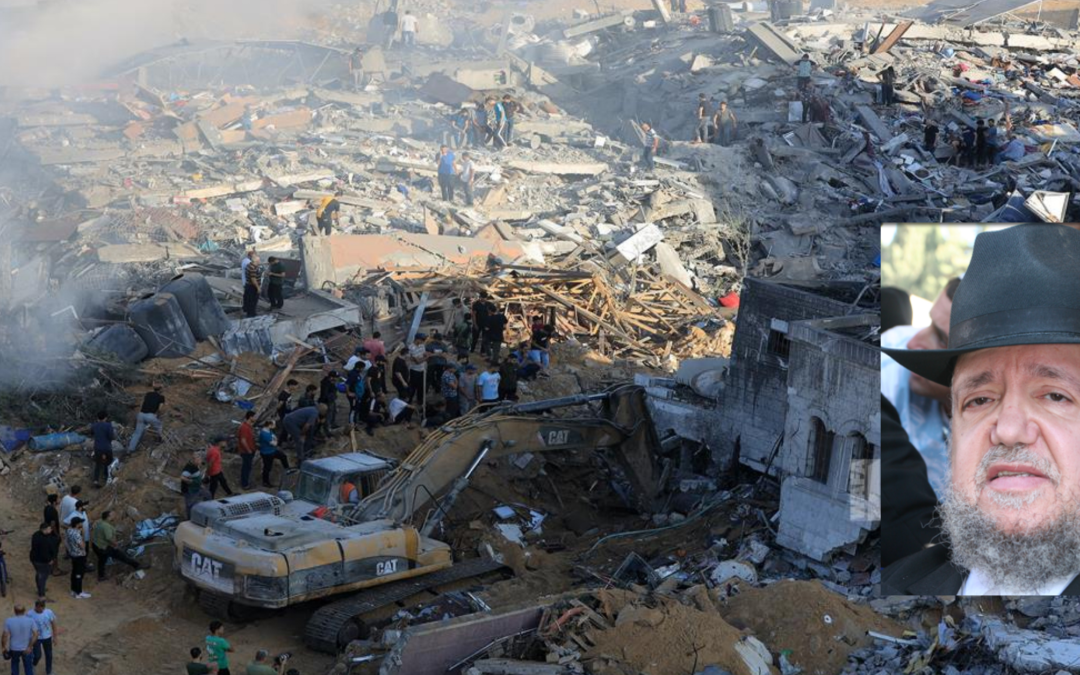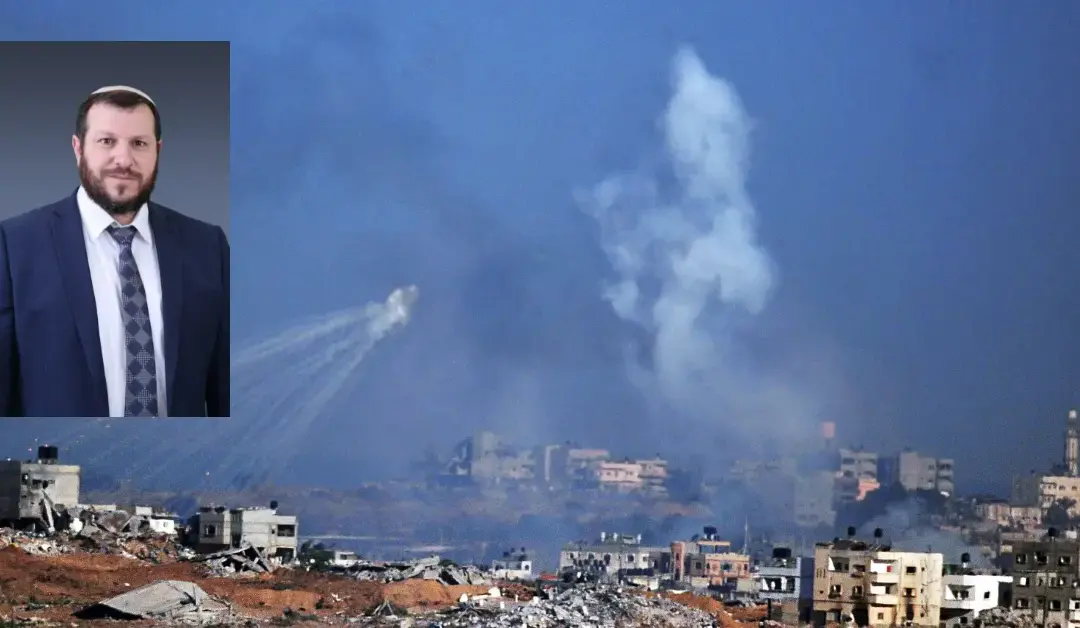In a landmark development at the international stage, the United Nations Tribunal has convened to address the serious allegations put forth by South Africa against Israel, accusing the nation of committing genocide. The accusations come at a critical juncture, with the focus squarely on Israel’s actions, particularly in the context of the ongoing conflict in Gaza. As the eyes of the world turn toward the top United Nations court, the proceedings carry significant implications for international justice, human rights, and the delicate geopolitics of the Middle East.
Background:
The roots of this legal showdown trace back to the longstanding and complex conflict between Israel and Palestine. South Africa, invoking its role as a concerned member of the international community, has brought forward a case alleging that Israel’s actions amount to genocide, a charge that carries grave legal and moral consequences. The accusations hinge on Israel’s conduct in Gaza, a region that has been a focal point of conflict for decades.
Gaza’s Humanitarian Crisis:
The case is set against the backdrop of a humanitarian catastrophe unfolding in Gaza, where more than 23,000 Palestinians, predominantly women and children, have lost their lives during Israel’s three-month war. The staggering loss of life, coupled with the displacement of the majority of Gaza’s 2.3 million population, paints a dire picture of the impact of the conflict on civilian communities. Additionally, an Israeli blockade has severely restricted the flow of essential supplies, including food, fuel, and medicine, exacerbating the already precarious situation in the region.
The UN’s Perspective:
The United Nations has been a vocal observer of the situation, with various agencies and officials expressing deep concern over the escalation of violence and the resulting humanitarian crisis. The UN’s assertion that Israel’s actions have led to a catastrophe underscores the gravity of the situation and adds weight to South Africa’s claims before the International Court of Justice (ICJ).
Gaza’s Humanitarian Crisis:
The case is set against the backdrop of a humanitarian catastrophe unfolding in Gaza, where more than 23,000 Palestinians, predominantly women and children, have lost their lives during Israel’s three-month war. The staggering loss of life, coupled with the displacement of the majority of Gaza’s 2.3 million population, paints a dire picture of the impact of the conflict on civilian communities. Additionally, an Israeli blockade has severely restricted the flow of essential supplies, including food, fuel, and medicine, exacerbating the already precarious situation in the region.
The UN’s Perspective:
The United Nations has been a vocal observer of the situation, with various agencies and officials expressing deep concern over the escalation of violence and the resulting humanitarian crisis. The UN’s assertion that Israel’s actions have led to a catastrophe underscores the gravity of the situation and adds weight to South Africa’s claims before the International Court of Justice (ICJ).
Legal Proceedings:
As the UN Tribunal commences its hearings, legal experts from both sides will present their arguments, evidence, and interpretations of international law. South Africa’s legal team is expected to outline a compelling case, drawing attention to the alleged genocidal acts and their impact on the civilian population in Gaza. Israel, in turn, will have the opportunity to present its defense and challenge the accusations leveled against it.
The Significance of the Case:
The outcome of these proceedings holds immense significance for several reasons. Firstly, it marks a rare instance of a nation formally accusing another of committing genocide, a charge that carries profound moral and legal implications. Secondly, the case underscores the role of the International Court of Justice as a forum for resolving disputes between nations and addressing grave violations of international law. Thirdly, the proceedings draw attention to the broader issues of conflict and human rights in the Middle East, prompting a reevaluation of the international community’s response to such crises.
International Response:
The international community is closely monitoring the proceedings, with various nations and organizations expressing their viewpoints on the allegations against Israel. The case has prompted a global debate on the responsibility to protect civilian populations during times of conflict and the need for accountability when nations are accused of committing serious crimes against humanity.
Conclusion:
As the UN Tribunal delves into the allegations brought forth by South Africa against Israel, the world watches with bated breath. The outcome of this legal confrontation has the potential to reshape diplomatic relationships, influence the discourse on human rights, and set a precedent for addressing conflicts with alleged genocidal implications. The proceedings not only hold Israel accountable for its actions in Gaza but also underscore the urgent need for a comprehensive and just resolution to the longstanding Israel-Palestine conflict. The UN Tribunal’s decision will undoubtedly resonate far beyond the confines of the courtroom, shaping the trajectory of international justice and diplomacy in the years to come.
Legal Proceedings:
As the UN Tribunal commences its hearings, legal experts from both sides will present their arguments, evidence, and interpretations of international law. South Africa’s legal team is expected to outline a compelling case, drawing attention to the alleged genocidal acts and their impact on the civilian population in Gaza. Israel, in turn, will have the opportunity to present its defense and challenge the accusations leveled against it.
The Significance of the Case:
The outcome of these proceedings holds immense significance for several reasons. Firstly, it marks a rare instance of a nation formally accusing another of committing genocide, a charge that carries profound moral and legal implications. Secondly, the case underscores the role of the International Court of Justice as a forum for resolving disputes between nations and addressing grave violations of international law. Thirdly, the proceedings draw attention to the broader issues of conflict and human rights in the Middle East, prompting a reevaluation of the international community’s response to such crises.
International Response:
The international community is closely monitoring the proceedings, with various nations and organizations expressing their viewpoints on the allegations against Israel. The case has prompted a global debate on the responsibility to protect civilian populations during times of conflict and the need for accountability when nations are accused of committing serious crimes against humanity.
Conclusion:
As the UN Tribunal delves into the allegations brought forth by South Africa against Israel, the world watches with bated breath. The outcome of this legal confrontation has the potential to reshape diplomatic relationships, influence the discourse on human rights, and set a precedent for addressing conflicts with alleged genocidal implications. The proceedings not only hold Israel accountable for its actions in Gaza but also underscore the urgent need for a comprehensive and just resolution to the longstanding Israel-Palestine conflict. The UN Tribunal’s decision will undoubtedly resonate far beyond the confines of the courtroom, shaping the trajectory of international justice and diplomacy in the years to come.

